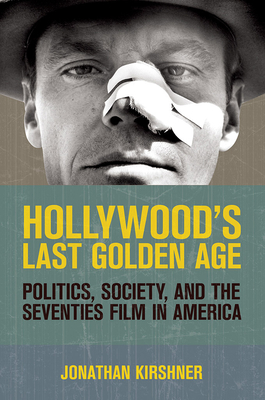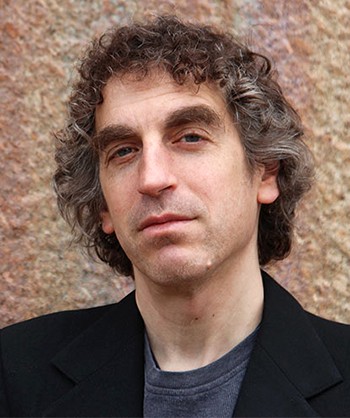

 Cornell University Press
Cornell University Press
Hollywood's Last Golden Age


Key Metrics
- Jonathan Kirshner
- Cornell University Press
- Paperback
- 9780801478161
- 9.1 X 6.1 X 0.7 inches
- 1 pounds
- Performing Arts > Film - History & Criticism
- English
 Secure Transaction
Secure TransactionBook Description
Between 1967 and 1976 a number of extraordinary factors converged to produce an uncommonly adventurous era in the history of American film. The end of censorship, the decline of the studio system, economic changes in the industry, and demographic shifts among audiences, filmmakers, and critics created an unprecedented opportunity for a new type of Hollywood movie, one that Jonathan Kirshner identifies as the seventies film. In Hollywood's Last Golden Age, Kirshner shows the ways in which key films from this period--including Chinatown, Five Easy Pieces, The Graduate, and Nashville, as well as underappreciated films such as The Friends of Eddie Coyle, Klute, and Night Moves--were important works of art in continuous dialogue with the political, social, personal, and philosophical issues of their times.
These seventies films reflected the era's social and political upheavals: the civil rights movement, the domestic consequences of the Vietnam war, the sexual revolution, women's liberation, the end of the long postwar economic boom, the Shakespearean saga of the Nixon Administration and Watergate. Hollywood films, in this brief, exceptional moment, embraced a new aesthetic and a new approach to storytelling, creating self-consciously gritty, character-driven explorations of moral and narrative ambiguity. Although the rise of the blockbuster in the second half of the 1970s largely ended Hollywood's embrace of more challenging films, Kirshner argues that seventies filmmakers showed that it was possible to combine commercial entertainment with serious explorations of politics, society, and characters' interior lives.
Author Bio
Jonathan Kirshner is Professor of Political Science and International Studies. His research and teaching interests focus on international relations, political economy (especially macroeconomics and money), and politics and film. His current research includes projects on classical realism, the international political implications of the financial crisis and its aftermath, and the politics of mid-century cinema.
Prior to joining Boston College, Kirshner was the Stephen and Barbara Friedman Professor of International Political Economy in the Department of Government at Cornell University. At Cornell, he also served as director of the Reppy Institute for Peace and Conflict Studies from 2007 to 2015, and was the recipient of the Provost’s Award for Distinguished Scholarship and the Stephen and Margery Russell Distinguished Teaching Award.
Recent books include American Power after the Financial Crisis, and Hollywood’s Last Golden Age: Politics, Society and the Seventies Film in America. His first book, Currency and Coercion, explored how states manipulate international monetary relations to advance security-related goals. Another book, Appeasing Bankers: Financial Caution on the Road to War, illustrated how financial interests (such as banks) and international financial markets can shape and constrain states’ grand strategies and influence decisions about war and peace. Appeasing Bankers won the best book award from the International Security Studies Section of the International Studies Association.
Kirshner was the first World Politics Visiting Fellow at Princeton University’s Institute for International and Regional Studies, and was the director of the Economics and National Security Program at the Olin Institute at Harvard University from 2000-04. With Eric Helleiner, he is the co-editor of the multi-disciplinary book series “Cornell Studies in Money,” as well as the books The Great Wall of Money: Power and Politics in China’s International Monetary Relations and The Future of the Dollar.
Source: Boston College
Videos










Community reviews
Write a ReviewNo Community reviews